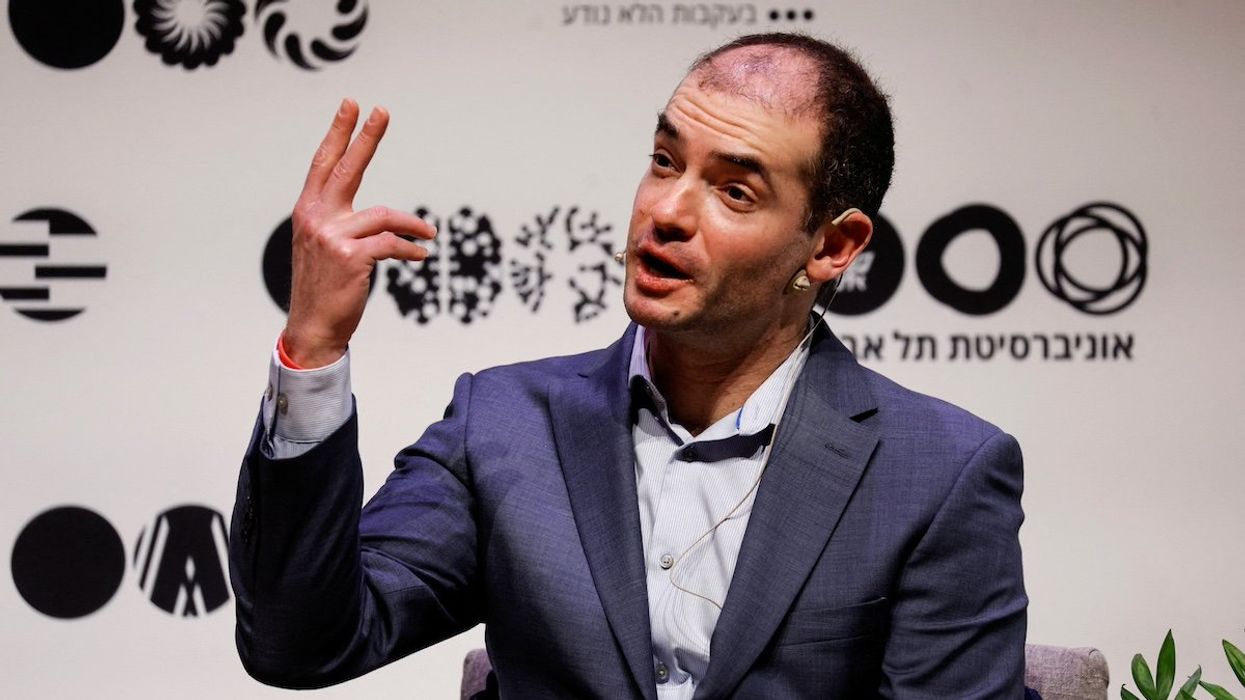GZERO World Clips
Geoffrey Hinton on how humanity can survive AI
‘Godfather of AI’ Geoffrey Hinton talks with Ian Bremmer about why he believes advanced AI could surpass human intelligence and why creating AI with ‘maternal instincts’ might be humanity’s best chance at survival.
Dec 09, 2025



